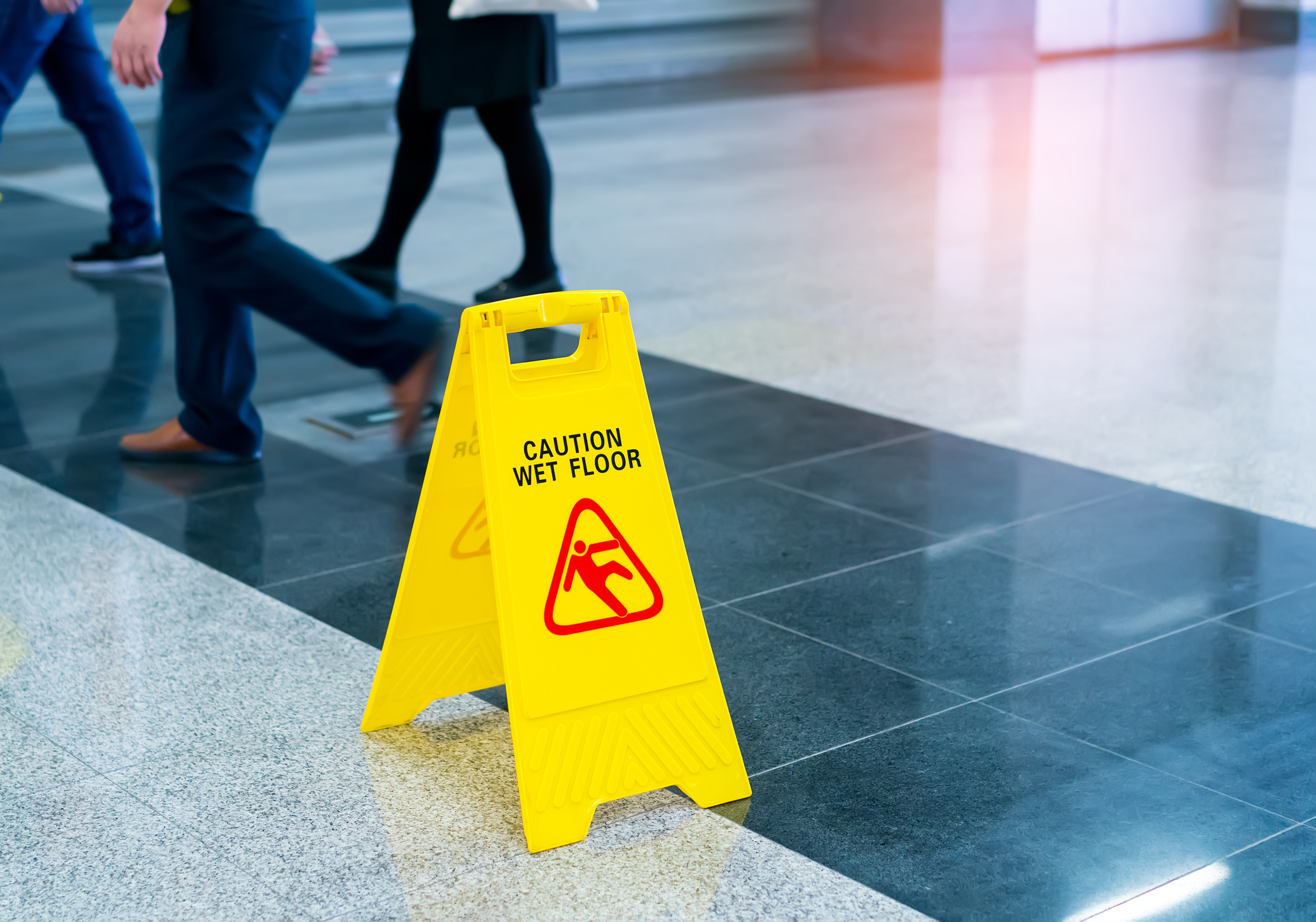First Responder Resiliency Education – Mindful Support Our Heroes Deserve
Every day, first responders put their lives on the line to protect our communities. The price of being a hero and putting one’s self in harm’s way is taxed with unavoidable stress and exposure to traumatic events. Learn how proper resiliency education can help first responders adapt and recover better to the ongoing risks occurring on the front lines.
May 22, 2023

First responders encounter an unsurmountable level of stress. From the demanding job responsibilities to the trauma following an emergency, the distress is powerful and, oftentimes, insufferable. And as the challenges pile up, so do the long-term risks. We have to act with purpose because if we don’t get a handle on the way we condition and support emergency responders, we can expect the effects of trauma and stress to lead to continued trends of staffing shortages with fewer trained responders to serve our communities.
Law enforcement officers, firefighters, and medical personnel are often exposed to critical, life-threatening situations and intense events. These experiences can leave a lasting imprint, typically leading to post-traumatic stress disorder (PTSD).
According to Ariel Jenkins, Assistant Vice President of Risk Services at Safety National, “Roughly 80% of first responders face a traumatic experience at some point in their careers. The scenes they respond to can be gruesome and affect them mentally in ways that are not necessarily obvious. Traumatic experiences can trigger PTSD, spikes in depression, and a rise in suicide rates, but with a stronger focus on resiliency, we can help shape the way first responders survive, adapt, and recover from trauma experienced on the job. We want them to be able to thrive despite trauma experienced.”
What is Resiliency Education?
Resiliency education is training designed to help first responders, their peers, and leadership deal with trauma and chronic stress. These training programs help build a culture to destigmatize the mental health struggles that stick with the professionals who are constantly on the front lines. A dedicated tactic, resiliency training offers strategies and resources used to continuously educate first responders with healthy and effective coping mechanisms.
Why Organizations Should Invest in Resiliency Education
On average, a first responder is exposed to roughly 200 traumatic events over the span of a career. Whether a police officer has to act with force or an EMT has to provide immediate care at the scene of an accident, many factors affect the everyday mentality of first responders.
The more chronic stress remains unaddressed and under the surface, the more likely it is internalized in unhealthy ways. And once people find the stress unbearable, they are likely to leave their roles early. Today, we are seeing more and more first responders retiring or leaving the profession prematurely, ultimately creating a void in law enforcement, firefighting, and emergency response. If this trend continues, those remaining in the workforce will have to shoulder more responsibilities, and thus, more stress, and greater exposure to overall risk.
Resiliency programs support the way individuals, peers, and leaders approach and manage residual trauma stemming from job-related activity. So by upholding the values of a resilient culture, the more equipped your organization is to deal with the dangers of PTSD.
The Key Elements of a Resiliency Culture
When it comes to resiliency culture, the most effective strategies contain a multi-pronged structure. For organizations building out plans, it is vital to focus on these critical action items:
- Supportive, empathetic leadership demonstrated from the top down.
- Thorough conditioning tactics that apply to a range of scenarios.
- Access to professional counseling services and various mental health resources.
- Dedicated lesson plans with the latest protocols, statistics, and trending information.
- Activities and teambuilding exercises geared towards a community of peer resiliency.
Leverage the Advantages of Ongoing Resiliency
Trauma affects individuals in various ways, but the recovery process rarely comes easy. Resiliency doesn’t happen organically, so we cannot assume that first responders have a natural ability to adapt to traumatic experiences. While many share an innate skill in dealing with urgent pressures while on the job, it’s equally important to provide visible support.
Mixing a full-scale resiliency model into your workforce can make all the difference. A culture indicative of dedicated leadership, quality education, tools, and tactics will give your team the essential building blocks for staying ahead of stress, burnout, and trauma.
For more information on this topic, please contact [email protected].

























